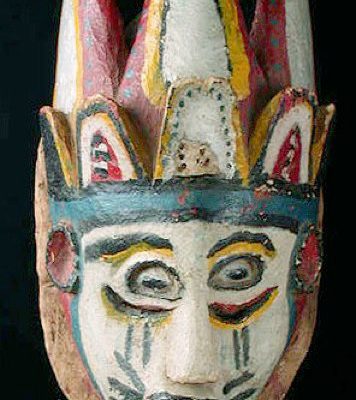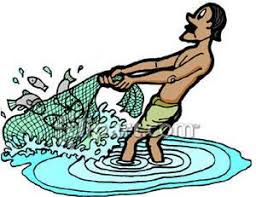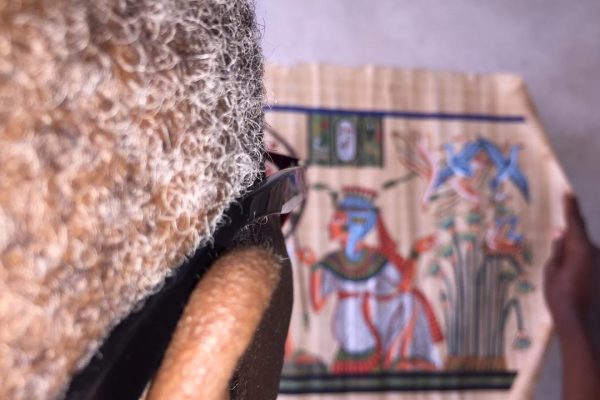Àbùtù Ẹ̀jẹ̀, a prominent historical figure in Igala history, was thought to be Jukun or Àpá; but modern research have found, to the contrary, that he was a bona fide Igala with outstanding credentials that elicited nothing but respect, fear and admiration for him, his descendants and the entire Igala race.
Culture: Feast of the First Fruits
Since ancient times, the Igala race have routinely offered the ‘First Fruits’ of their farm-work as a sacrifice to their ancestors during the Égwú Festival. Similarly, the ancient Greek, Roman and Hebrew were known to present, through a priest, the ‘First Fruits’ of their agricultural yields. This practice underscores their commitment to ancestor veneration as a cardinal principle of the Igala Traditional Religion (ITR), which the call Ògwùchẹ́kwọ̀.
Igala Vowels Versus English Spectre
Learning a new language is a very interesting phenomenon; but, sometimes, it is not without its own downsides. More often than not, an Igala language student is faced with occasional interference, either from another language or other language varieties, mostly through code-switching. Wikipedia defines code-switching as “language alternation,” describing a situation where a speaker ‘alternates’ from one language to another without control. It is true that the Igala alphabet descended from the English alphabet; but […]
IGALA TRADE THROUGH THE AGES
The Igala race has, down the ages, traded with neighbours far and near, transiting from one legal tender to the other, beginning with the ‘barter’ system. Time was when cowry shells (ẹ́yọ́-ọkọ́), were obtained from the Maldives Island on the Pacific Ocean and used as a medium of exchange worldwide. Thereafter, brass or copper bracelets (údẹ) came, doubling as both a legal tender and body ornaments. Then came the era of printing and minting of […]
Origins: Genealogy Bonds Ethnicities
Like twin infants exchanged in their cots in a maternity ward at birth, groups of ethnic nationalities in my African country act like strangers to one another. Whereas, if they were a bit more careful, they would know that there is a supernatural bond of common patrilineal ancestry tying them together. If they had carefully studied these so-called strangers’ family pedigrees, their peculiar animal totems and traces of lexical commonalities between their two languages, they […]





